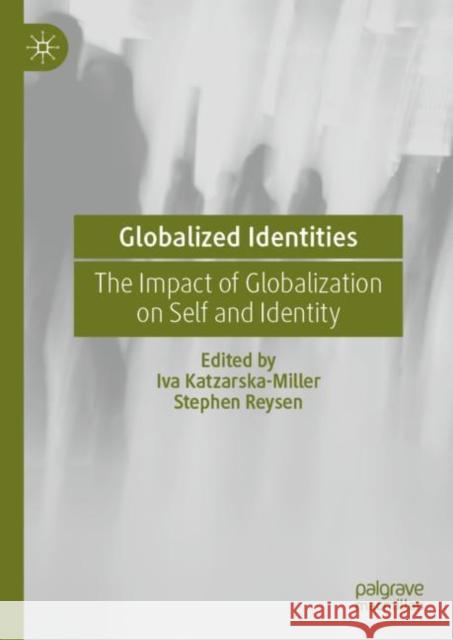Globalized Identities: The Impact of Globalization on Self and Identity » książka
topmenu
Globalized Identities: The Impact of Globalization on Self and Identity
ISBN-13: 9783031046438 / Angielski / Twarda / 2022 / 345 str.
Globalized Identities: The Impact of Globalization on Self and Identity
ISBN-13: 9783031046438 / Angielski / Twarda / 2022 / 345 str.
cena 574,29 zł
(netto: 546,94 VAT: 5%)
Najniższa cena z 30 dni: 574,29 zł
(netto: 546,94 VAT: 5%)
Najniższa cena z 30 dni: 574,29 zł
Termin realizacji zamówienia:
ok. 20 dni roboczych.
ok. 20 dni roboczych.
Darmowa dostawa!
Kategorie:
Kategorie BISAC:
Wydawca:
Springer International Publishing AG
Język:
Angielski
ISBN-13:
9783031046438
Rok wydania:
2022
Ilość stron:
345
Wymiary:
21.0 x 14.8
Oprawa:
Twarda
Dodatkowe informacje:
Wydanie ilustrowane











